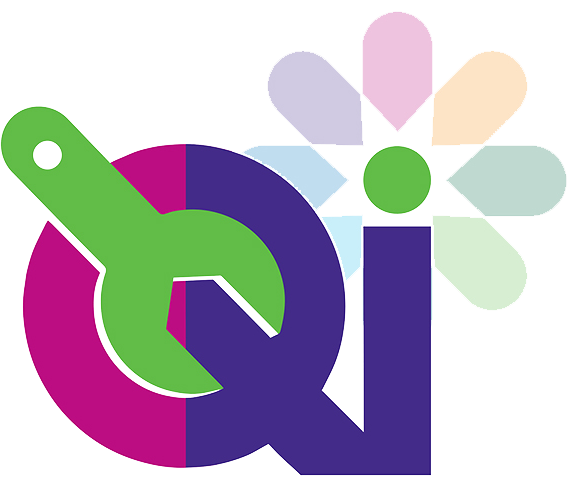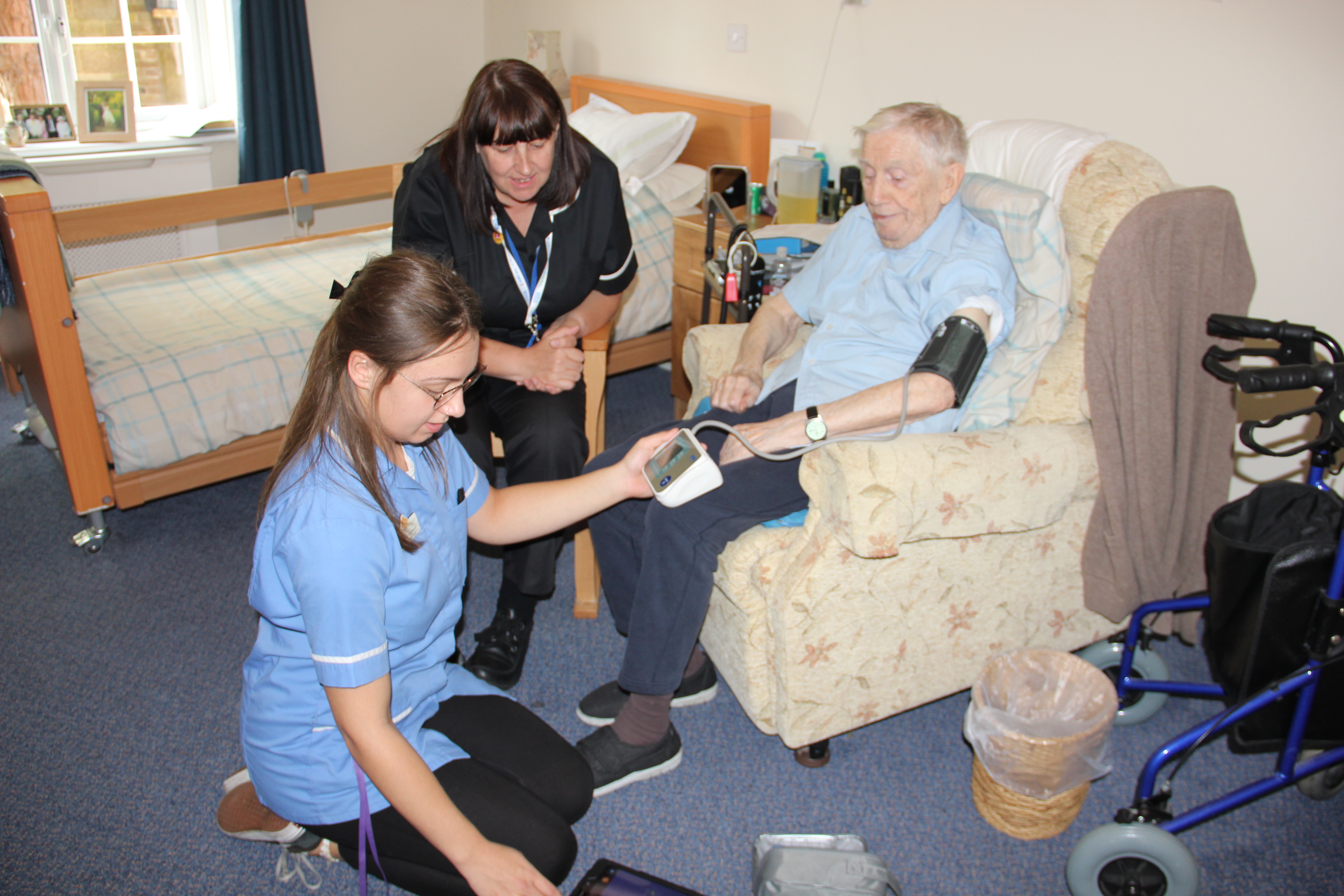A pilot project which involves closely monitoring the long term conditions of care home residents is having great results.
The telehealth pilot started at the beginning of June (2019) and aims to reduce hospital admissions, 999 calls, 111 calls and GP contact – with healthcare specialists stepping in at a much earlier stage if a resident’s health is deteriorating.
In the first three months of the trial The Oast care home in Maidstone, where the trial has been taking place, saw a 100% reduction in hospital admissions, a 35% reduction in 999 calls, a 59% reduction in 111 calls and a 40% reduction in all GP contact. The initial target was a 10 per cent reduction in each area.
Using a Docobo Telehealth Solution the care home staff have been carrying out simple health checks with residents each day and recording these via the Docobo app. This system is closely monitored by the complex care team at Kent Community Health NHS Foundation Trust (KCHFT) who can instantly see if a resident’s health is stable or deteriorating. They can then step in immediately with the most appropriate action, which might be as simple as carrying out increased observations to monitor a patient more closely, or tweaking a patient’s medication.
Initially six residents took part in the trial, but this is soon to be increased to 12 – and the telehealth project is to be trialled in a second Maidstone care home too.
Telehealth involves the use of telecommunications and virtual technology to deliver health care outside of traditional health-care facilities.
The trial is to run for six months and if successful could be rolled out across Kent.

Project Manager Andy Platt said: “We have been monitoring residents with long term conditions such as heart failure, diabetes and Chronic Obstructive Pulmonary Disease (COPD). The care home staff do simple health care checks with residents each day and ask condition specific questions such as have they felt dizzy, short of breath or more tired than normal. They record all of this information using the Docobo app which is installed on a tablet.
“The Complex Care Team at KCHFT closely monitor the data trends and will quickly detect if a patient’s health is deteriorating. We have set up parameters for each patient and if their observations fall outside of these parameters an alert is sent directly to the on duty complex care nurse who would then respond to the alert.
“The project is reducing pressures on urgent care services. It also means that the Complex Care Team can focus on the patients that urgently need the specialist care that they provide. The care home we have been working with has been very positive about the trial and has said it has resulted in the care home staff becoming more confident in looking after residents and carrying out basic observation checks, such as blood pressure and temperature and has improved their knowledge and skill level.”
Libby Clarke, Manager at The Oast, in Plain Road, said: “The new system has been brilliant and it’s made such a difference. Hospital admissions have been reduced by 100 per cent, we’re not calling 999 so much or 111.
“It means we can keep a very close eye on patients every day and if there are any concerns the matrons call us straight away. It’s good for our staff, to increase their skills and good for our residents too.”
The Docobo project has been overseen by KCHFT’s Medical Director Sarah Phillips. Find out more by taking a look at Andy Platt’s project on a page here.


